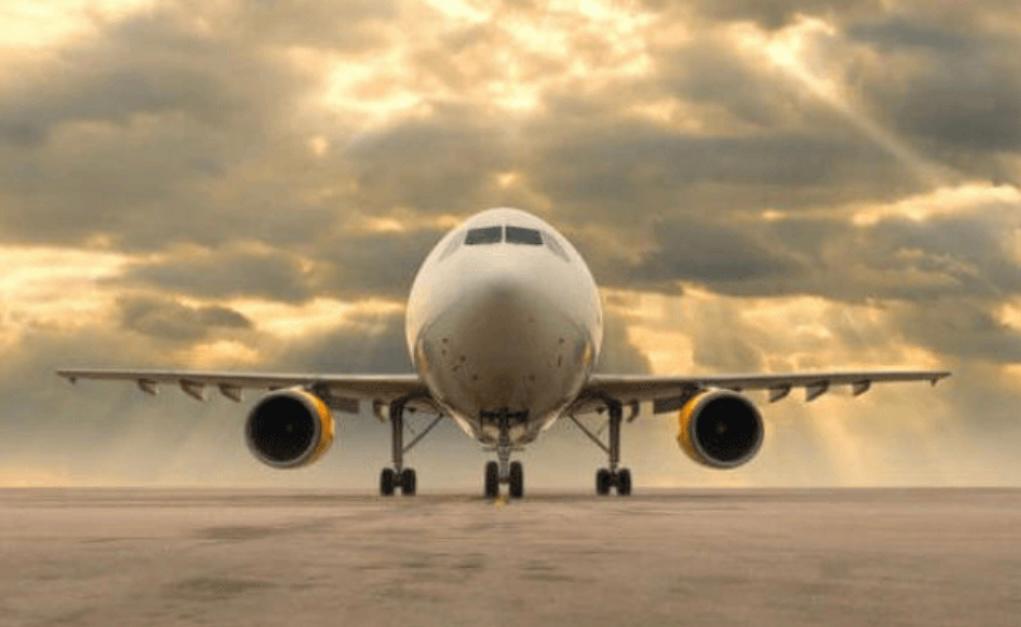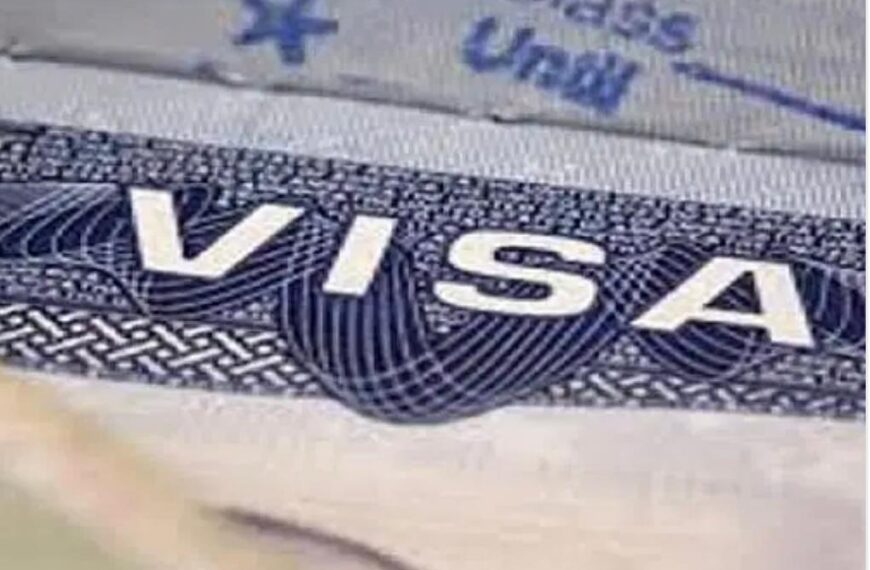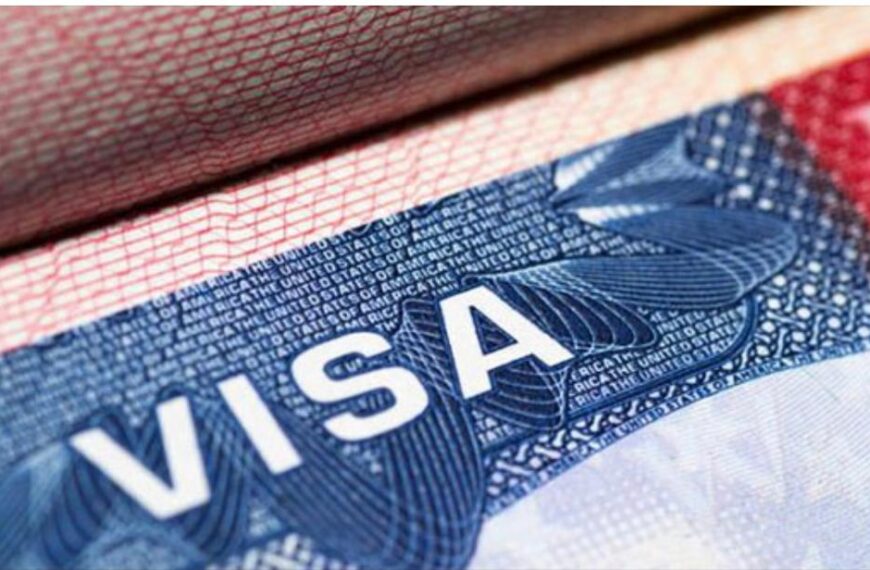Some domestic carriers are missing out on benefits that the International Air Transport Association (IATA) certifications present, including exposure to the global market.
The IATA Operational Safety Audit (IOSA) certification enables airlines to be rated among those with high safety standards.
The IOSA Program is an internationally recognised and accepted evaluation system designed to assess the operational management and control systems of an airline.
According to the IATA IOSA registry, out of 12 domestic airlines operating in Nigeria, only five airlines are IOSA-certified. They include: Air Peace, Ibom Air, United Nigeria Airlines, Overland and Arik Airline.
Benefits for airlines with this certification include: quality audit programme, continuous updating of standards to reflect regulatory revisions and best practices, elimination of audit redundancy, as well as structured audit methodology and standardised checklists.
Olumide Ohunayo, industry analyst and director of research, Zenith Travels, told BusinessDay that the IATA IOSA certification should be a priority and every airline must work towards getting it to boost its safety rating globally.
John Ojikutu, industry expert and the CEO of Centurion Aviation Security and Safety Consult, said the implications of not having IATA IOSA certification is that the airlines cannot fly international routes.
“It also means the foreign airlines cannot interline with them even on the domestic routes,” he said.
“Such airlines cannot be considered as flag carriers. It is only the Nigeria Civil Aviation Authority (NCAA) that can define their certification for the domestic passengers and so convince their insurance companies,” Ojikutu added.
Susan Akporaiye, managing director and CEO, Topaz Travels and Tours, told BusinessDay that the IATA IOSA safety certification is a high-level safety certification recognised globally.
“Since Air Peace flies international destinations, this license has placed Air Peace in the position to have interlining agreements with any airline in the world into and out of Nigeria,” Akporaiye said.
The former president of the National Association of Nigeria Travel Agencies (NANTA) further said that the certification should be a challenge to other airlines.
“It is left to other airlines to take up the challenge and up their game and make themselves ready for international business, partnerships and collaborations,” she added.
Stakeholders have argued that while most domestic airlines are not flying international routes yet, the IATA certifications can help them get codeshare agreements with other foreign airlines to help distribute their passengers locally.
BUSINESSDAY












